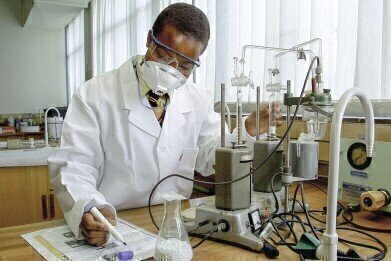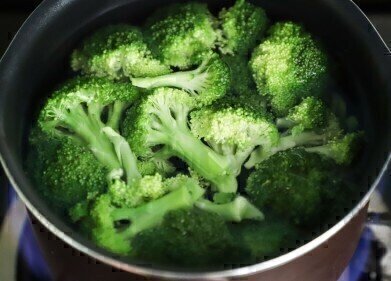Help Desk
How to Extend the Life of a Column
Aug 26 2022
Columns are a critical piece of chromatography equipment that are used pretty frequently within the lab. As a result, they will inevitably need replacing as time goes on. That said, there are certain steps you can take to extend the life of a column, allowing it to provide efficient analysis for longer.
Conditioning
First up is conditioning. This is the process of removing oxygen from any new columns – or those which are being used after storage. Failure to remove oxygen from a column can damage the stationary phase and reduce the column’s lifespan.
Carry out a gas purge when inserting the column before it is heated. A carrier gas can be used to remove oxygen, after which the column can be heated.
Preparation
Next is sample preparation, which prevents your column becoming contaminated. There are a range of products available which clean samples before they are injected into your column. Put simply, they will isolate the components you’re analysing from other contaminants.
Repacking
Columns are packed with particles that range in sizes. During analysis, pressure stresses can cause particles to swap positions. Over time, bigger particles go upwards while smaller particles travel down. Over time, that leads to accumulations at each end of the column – creating an increase in back-pressure. Repacking the column will restore its integrity and avoid issues with peak splitting.
Guarding
You can also protect columns from contamination using aptly named guard columns. With the same diameter as your analytical column, the tubing will be joined with a push-fit glass connector. You can then trim or replace your column guard rather than shortening or discarding the column itself to remove any inlet contamination.
To achieve the best results, you should also replace your guard column on a regular basis – such as ever 200 injections, as an example. Generally, they should also be replaced when back-pressure increases by around 10% or if the nature of your sample changes.
Heating
Another way to extend the life of your columns is by heating them after the run. Also known as a ‘bake out’, this technique uses high temperatures to remove high-boiling contaminants.
Sealing
Pumps are designed to deliver a very accurate flow at a certain pressure. Their seal is a critical part of that, but it can eventually wear. Minimising seal wear is a good way to prevent contamination of your columns and extend their lifespan in the process.
The article ‘Supercritical Fluid Chromatography - The role of pump seals’, explores how to care for pump seals from installation onwards – and the role they play as part of the most expensive component, the pump.
Events
May 11 2025 Vienna, Austria
May 18 2025 Tempe. AZ, USA
May 21 2025 Birmingham, UK
Jun 01 2025 Baltimore, MD, USA
Jun 15 2025 Bruges, Belgium














